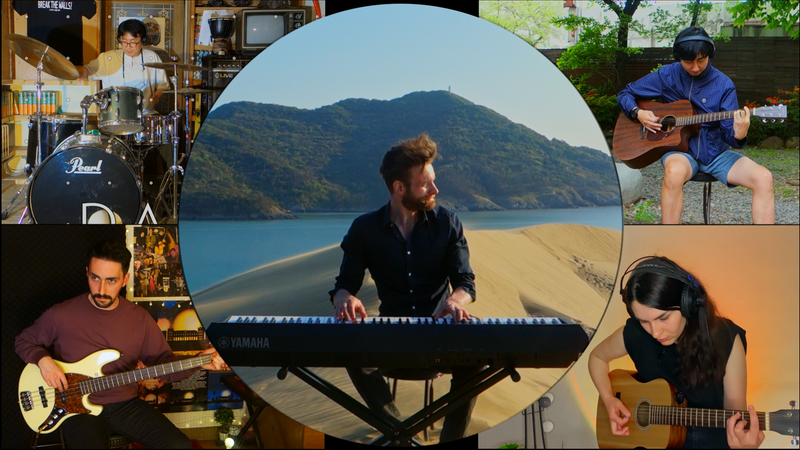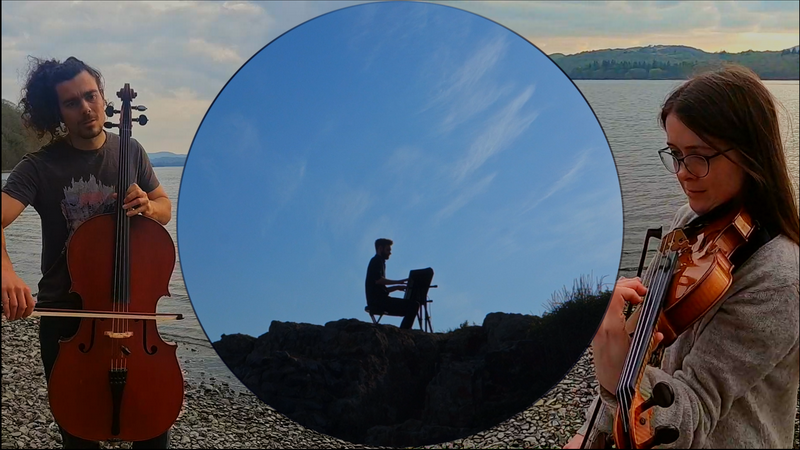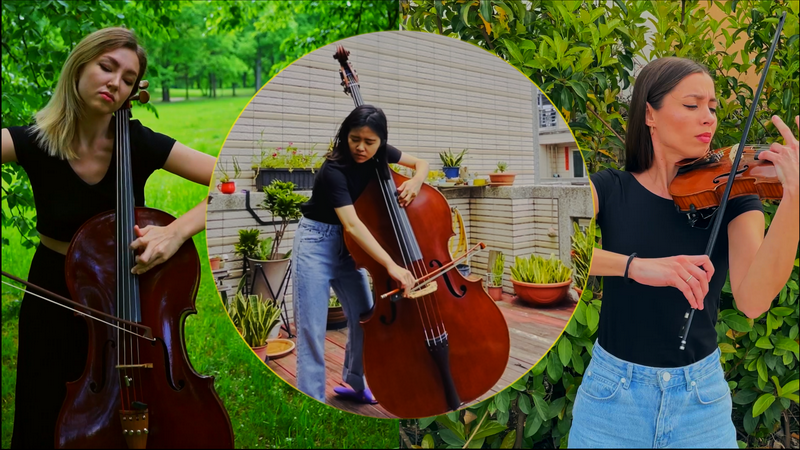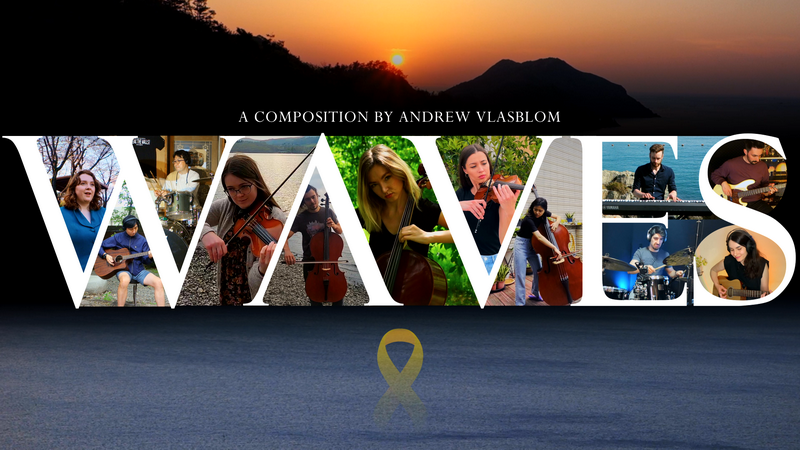“Waves”: A Dedication to the Sewol Ferry Victims
By Andrew Vlasblom
I vividly remember the morning of April 16, 2014. While on a coffee break at school with my co-workers, news broke that a ferry en route to Jeju Island was in danger of sinking. This was alarming, of course, but we were mostly put at ease when the media reported that the government was taking care of the situation and that everyone on board would be rescued. We went back to teaching our classes until lunch time, when news reports stated that while the ferry MV Sewol (세월호) had all but sunk, everyone had been rescued. We collectively breathed a sigh of relief.
That relief turned into horror by late afternoon, when the truth began to surface. The news reports could not have been more wrong. Passengers had been ordered to stay below deck while the ferry was sinking. By the evening of the same day, nearly 300 passengers were reported missing. Almost none of those missing survived, and April 16 marks a day of sadness, frustration, and anger for Korea when so many people – most of them high school students – died needlessly.
Eight years have passed since that day. Every year on April 16, the nation solemnly remembers what happened. For most, life goes on, but for many families of the victims, every day is difficult.
Two years after the Sewol ferry disaster, I wrote an energetic and emotional composition on the piano titled “Waves.” The lively nature of the song drew many a crowd when I performed it around Gwangju, and especially at Open Space Dreamers, the little yellow shack in Daein Market (대인시장). While I had often thought about officially releasing “Waves” as a single, I wanted the composition’s release to be meaningful, and the more time that passed, the more I felt driven to develop the piece into something bigger than anything I had produced before.

In early 2022, I felt the time was right to fully develop the composition, and so I set about writing arrangements for various instruments that would be played by friends and session musicians in Gwangju and abroad. By early April, the project had turned into a full-scale music video, and I recorded footage with my digital piano around Korea, including Gwangju and Busan. When my school notified me that our school birthday would land on the Friday after Children’s Day (May 5) and we would have the day off, I jumped at the chance to lug my piano to Mokpo, board a ferry to a gorgeous island, and record video there.
The island video shoot had me feeling excited and inspired, as I recorded video at a beach, in a forest, and on a sand dune. Afterward, I sat at the top of the sand dune and gazed into the horizon while the sun set. April 16 had just passed, and the Sewol tragedy was fresh in my mind; perhaps that is why, as I sat there staring out into the endless ocean, my feelings of calmness and tranquility were mixed with melancholy and sadness. I thought of the Sewol victims and how after that fateful day, they would never see a sunset again. It occurred to me then that I had not yet visited the Sewol memorial site in Mokpo; I resolved to do so on my way back to Gwangju.

The next morning, I returned to Mokpo and took a taxi to Mokpo New Port, a barren area outside of the city, and the site of Sewol’s final destination since it was raised from the depths in 2017. Yellow ribbons along with notes and flowers for the victims and their families lined the fences encasing the government compound where Sewol rests. Visiting the rusted ferry and absorbing the site of the memorial in person brought a fresh wave of emotion to me, and I knew then that I would dedicate “Waves” to the victims of this senseless tragedy. I recorded video with the Sewol ferry in the background for this tribute, and wrote new parts for the piano, violin, cello, and double bass, completing a new ending to my composition for the victims.

While producing the ending of “Waves,” I was fortunate enough to work with some extraordinarily talented musicians from Ukraine and Taiwan. I explained the Sewol tragedy to them, and the meaning behind the ending. They added a level of emotion to my arrangements that left me speechless. Six years after writing a song that I have played virtually the same way every time since, with this new ending, I finally feel that it is complete.
When the Sewol ferry sank, the door was permanently slammed shut on more than 300 innocent lives. It is a tragedy and an injustice that can never be forgotten. My hope with this music video is that even one more tribute might help to raise awareness of what happened and to keep the memory of the victims alive. I humbly dedicate “Waves” to the victims of the Sewol ferry tragedy. They are all hearts to remember.
“Waves” is now streaming on the Kindle Records YouTube channel.
Photographs courtesy of Kindle Records.
The Author
Andrew Vlasblom is a Canadian composer, musician, and English teacher based in Gwangju. He enjoys writing and producing music, and frequently collaborates with fellow Gwangju musicians. In 2020, Vlasblom founded Kindle Records, a non-profit music label that has so far produced music with more than 40 artists.





